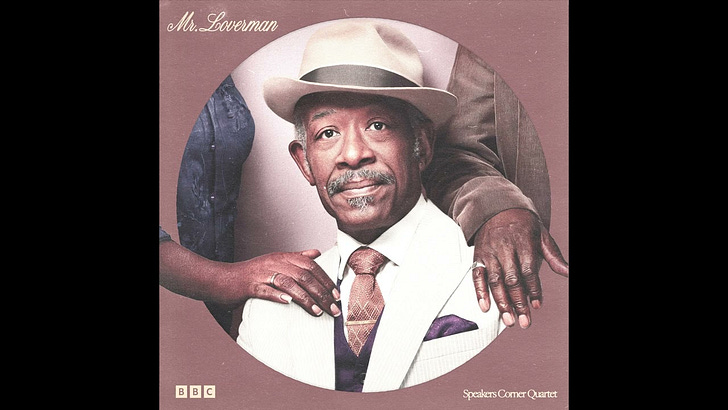Monday Reading is my weekly recommendation of something I’ve found thought-provoking or fascinating. Sometimes it is about something I have read. Sometimes it is about television or food or music or projects I care about supporting. Sometimes I do not send it on Monday. Please share with anyone who might like the vibes!
I greet you with an abundance of recommendations this week!
Last year I watched the BBC series Mr. Loverman—premiering on BritBox on June 4!— which is about the crisis that confronts the titular character when he reaches a late-in-life inflection point and has to decide whether or not to come out to his family and friends—whether, that is, to leave his long-foundering marriage to Carmel and openly inhabit his decades-long relationship with his lover Morris. (Carmel knows that he is unfaithful and has been for years, but doesn’t know—or refuses to know—that he’s gay.) When Carmel returns to Antigua for a family emergency, Barry—Mr. Loverman—spends those days feeling increasing pressure to decide whether or not to live authentically, unable to communicate his sense of crisis until he lashes out at his grandson’s homophobic friends.
I think I found out about the show because of some music algorithm. Mr. Loverman has a great soundtrack and beautiful scoring by Speakers Corner Quartet, and one day “This Is How We Walk on the Moon” came up in a queue (Apple Music, I think).
I heard it before I knew anything about it, but I was delighted when I realized it’s a cover of a song by the cellist and composer Arthur Russell, a leading light of New York’s avant-garde music scene—and underground disco —for nearly twenty years before his death of an AIDS-related illness in 1992.
Here’s his original version of “Walk on the Moon”:
Russell was incredibly prolific and careened across genres; he left hundreds of recordings behind when he died. But his work was overlooked (some writers have said “forgotten,” but I don’t think that’s true, not least because Philip Glass and David Byrne remained admirers) during the decade after. He’s developed a larger profile through, for example, an album of his dance music and a pop record, both in 2004, a documentary and a biography a few years after that, and then a massive triple LP of covers in 2014. When I explored that album, I listened to José González’s cover, too, which layers horn instrumentals and disco beats for an homage that incorporates so many of Russell’s musical voices.
Music algorithms don’t usually hit that well for me, but this time I ended up on a delightful path of discovery. Let me know if you watch Mr. Loverman!
See you soon!



